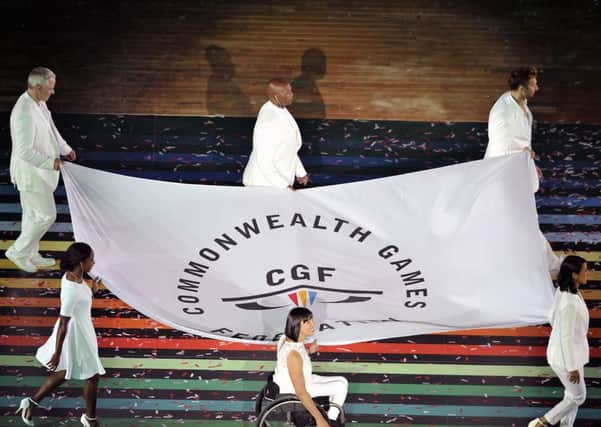Leaders: Games success may give Scots a new goal


The crowds have been enormously welcoming and supportive of all-comers, even those from the supposed auld enemy, England. There have been few glitches, apart from perhaps the provision of public transport, but that is fixable. There have been no complaints about the sporting facilities. Being cheered to the echo, no matter where they came from, is the memory most competitors will take home with them.
Fortified by this outstanding success, Scottish Conservative leader Ruth Davidson has been first to enter what will probably become a crowded field bidding to win the political-legacy gold medal by calling on the Scottish Government to lead efforts to bid for Uefa’s national football championships. Whether the political jockeying phase will be a sprint, a marathon, a heptathlon or more like a boxing match has yet to be determined. But clearly it demonstrates that the success of Glasgow 2014 has raised political ambitions, which is to be applauded.
Advertisement
Hide AdAdvertisement
Hide AdBut if this is not to be an empty gesture, it is important to recognise there are issues to be tackled. Scotland has, after all, been here before in a process begun by Henry McLeish when he was first minister, in bidding for the 2008 European championships.
Then it was a 16-team tournament requiring eight stadiums with at least 40,000-plus capacity, which was such a stretch that the then government decided to make it a joint bid with Ireland. That tournament was won by Austria and Switzerland, mainly, it was thought, because of internal Uefa politics.
Now it is a 24-team competition which, it is fair to assume, would require more stadiums. Uefa’s preference for the tournament to be held within a tight geographical area to make it easier for teams and spectators to travel between venues seems to have disappeared with the decision to hold it in 2020 across 13 different countries. So a Scotland-Ireland-Wales bid, say, would not necessarily be an outrageous outsider.
But as the three countries can muster only seven stadiums of the required capacity between them, that still leaves five to be built. It is quite a call for infrastructure which, given much lower Scottish spectator demand for domestic league and cup football fare, is likely to be left largely unused unless the additional capacity is temporary.
Still, Glasgow 2014’s ingenuity, for example, in raising the Hampden surface by putting it on six-feet stilts to provide an athletics track for which there is otherwise little use, shows such problems can be overcome.
If Ms Davidson’s suggestion is approached with similar lateral thinking and a can-do attitude, it could just work.